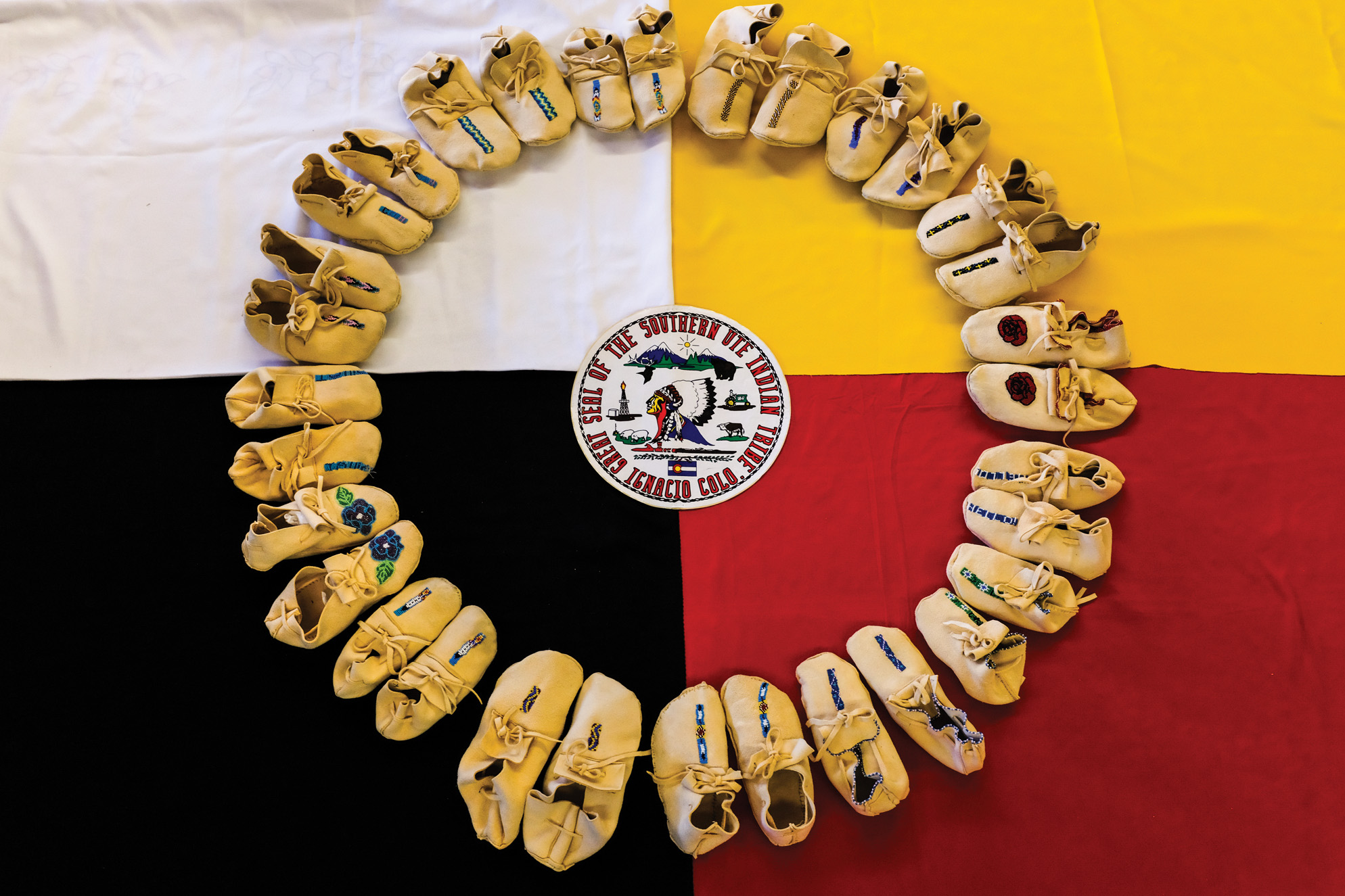Tʉ̀ʉchʉ̠pikivi̠ Sʉ̀ʉmuguavi̠ “Good Brain, Strong Heart”
This is the third in a series of four articles this year about the effects childhood experiences can have on people throughout their lives.
In the January article, we talked about negative childhood experiences and the lifelong impact they can have on physical and mental health. In the April article, we discussed the protective effects of positive childhood experiences. This month, we will dive into what is meant by “positive childhood experiences.”
The positive experiences that support children are grouped into four categories: Relationships, environment, engagement, and emotional growth. If we were sitting together and talking, I bet you could list a lot of them instinctively. According to positiveexperience.org, the ones that research studies have supported are:
- Participating in family and cultural traditions.
- Developing social and culturally appropriate communication and interpersonal skills.
- Strong relationships with parents who respond to a child’s needs and offer warm, responsive reactions.
- Other adults who take a genuine interest in a child and support their growth and development.
- Healthy, close, and positive relationships with peers.
- A safe, stable environment that meets a child’s basic needs, including adequate food, shelter, and health care.
- A nurturing home where a child is emotionally secure.
- A stable school environment where children feel valued and receive high-quality education.
- A community environment to play and interact with other children safely and equitably.
- Being involved in projects, peer mentoring, or community service.
- Joining a music, art, or sports group.
- Developing a sense of emotional and behavioral self-regulation.
- Having the ability to respond to challenges in a productive way.
This does not mean a child needs all of these to develop into a healthy adult, but the more, the better. In December’s article, we will talk about ways these ideas can be put into action in our community – many of which are already happening!
For more information about negative and positive childhood experiences check out: https://centerforyouthwellness.org/, https://www.cdc.gov/violenceprevention/aces/index.html, or https://positiveexperience.org/.
You can make an appointment for your child to be seen at the Southern Ute Health Clinic to talk more about these topics or anything else by calling 970-563-4581.

